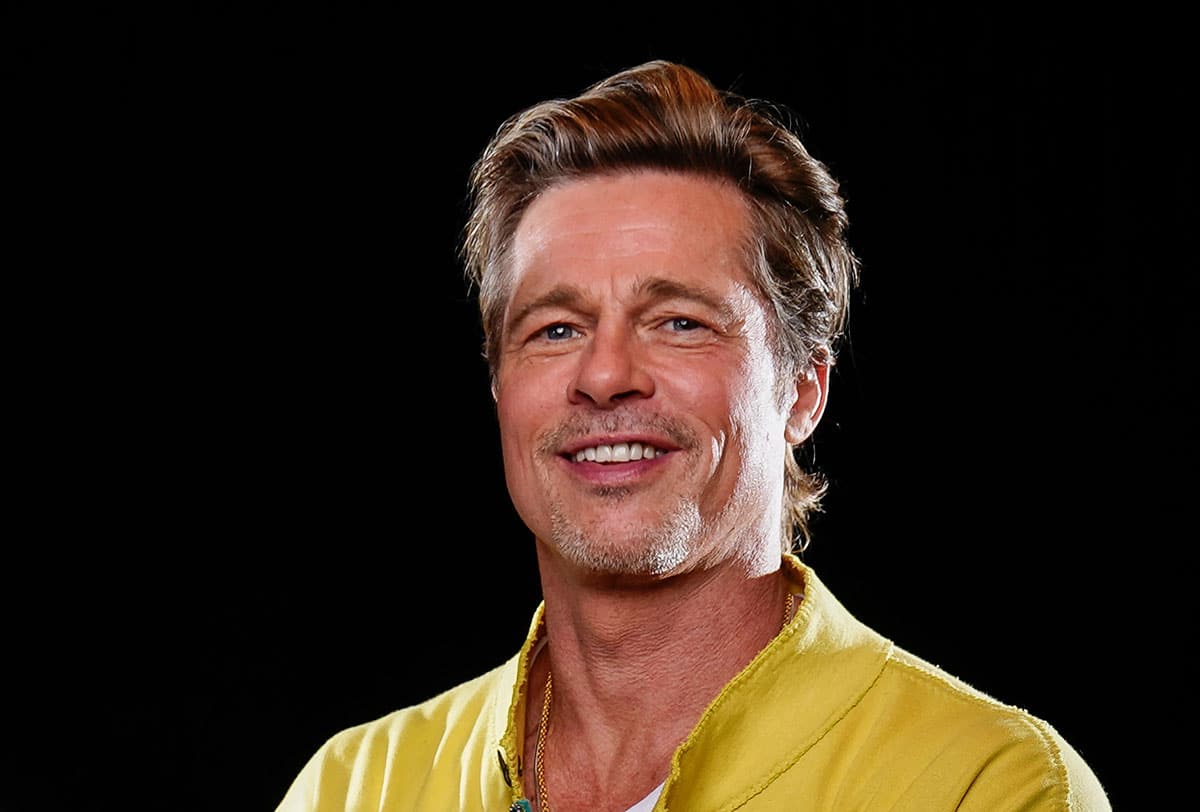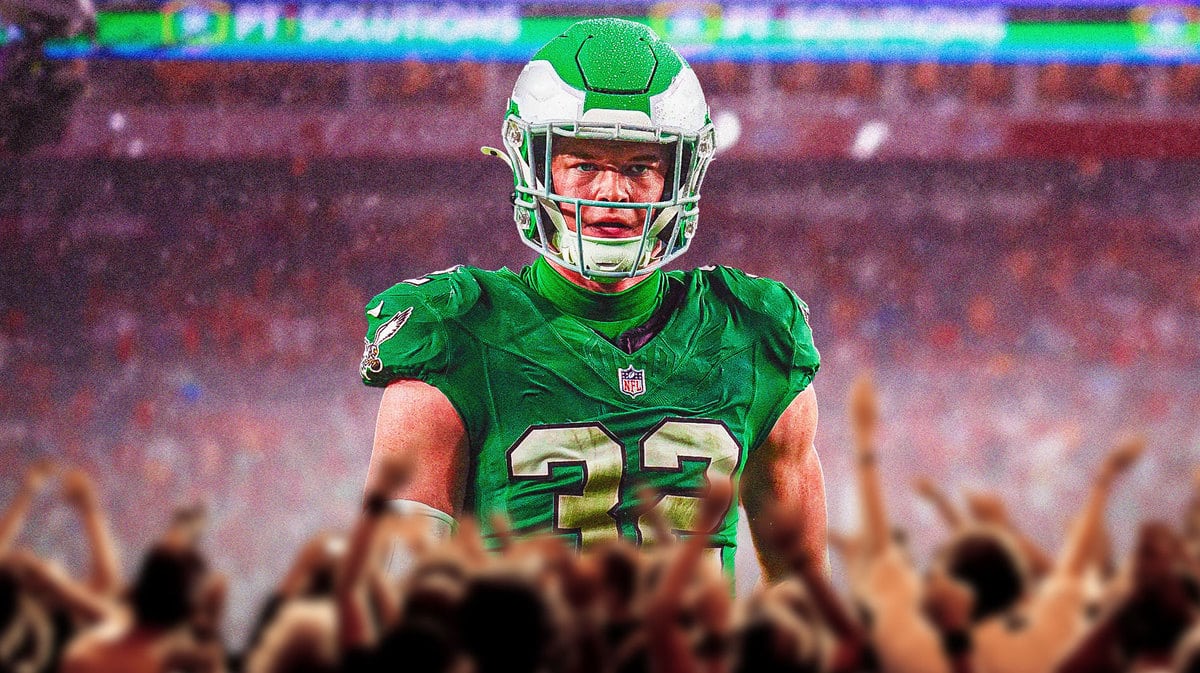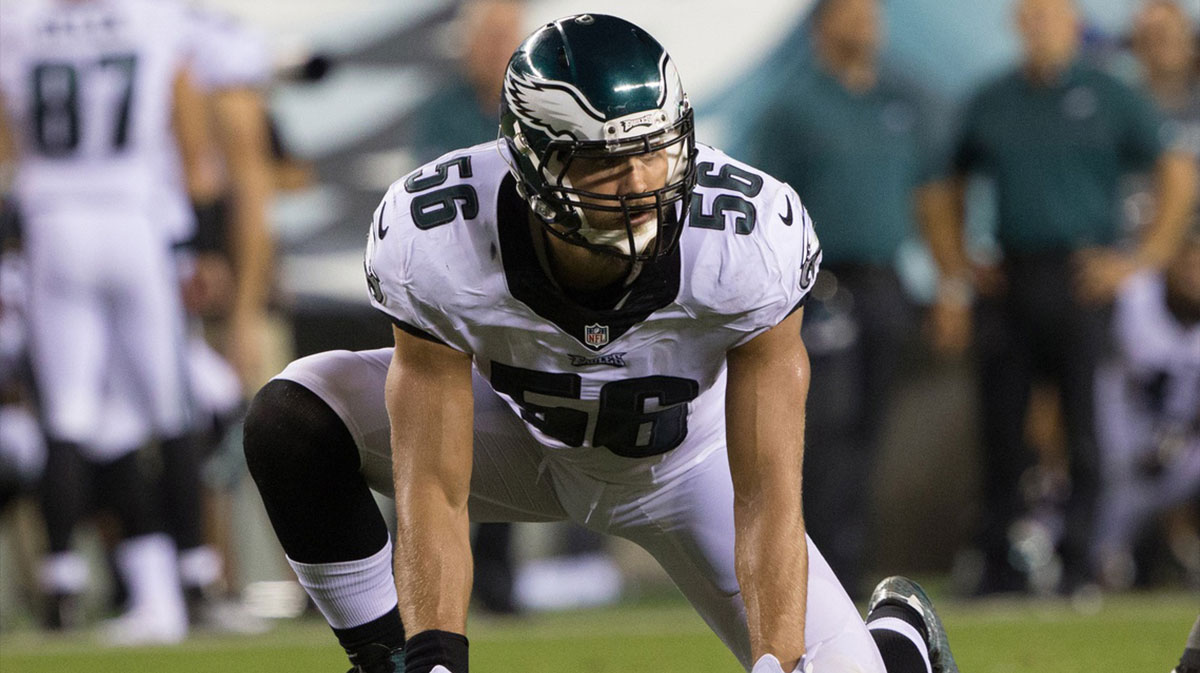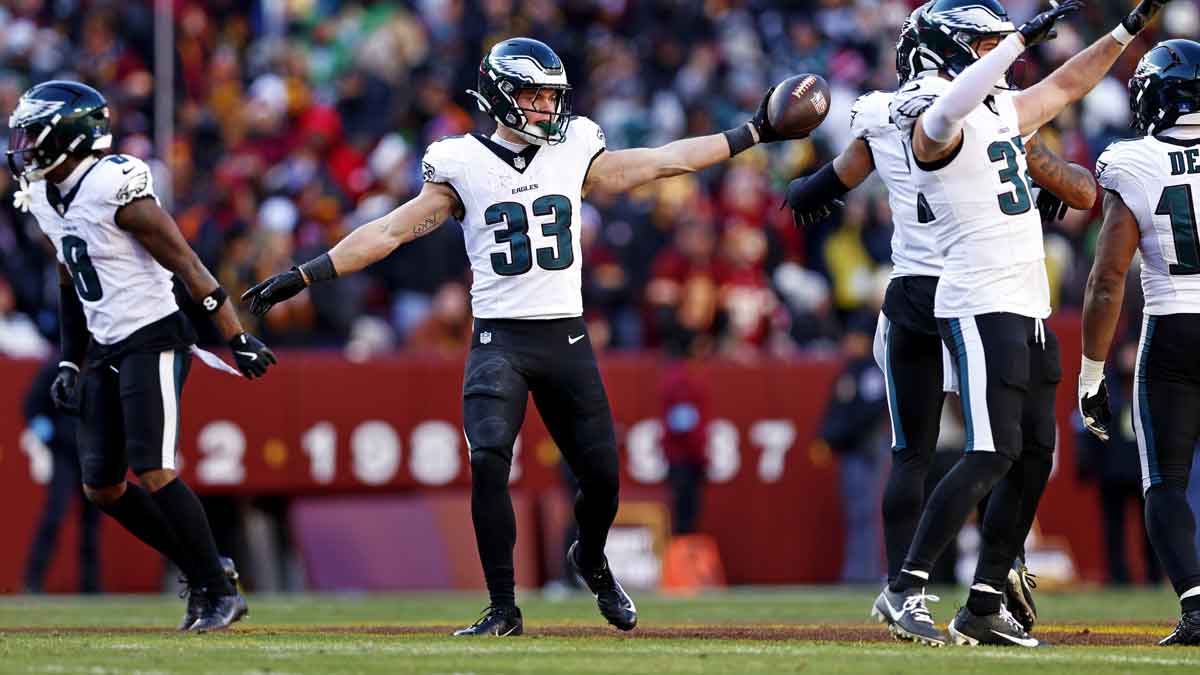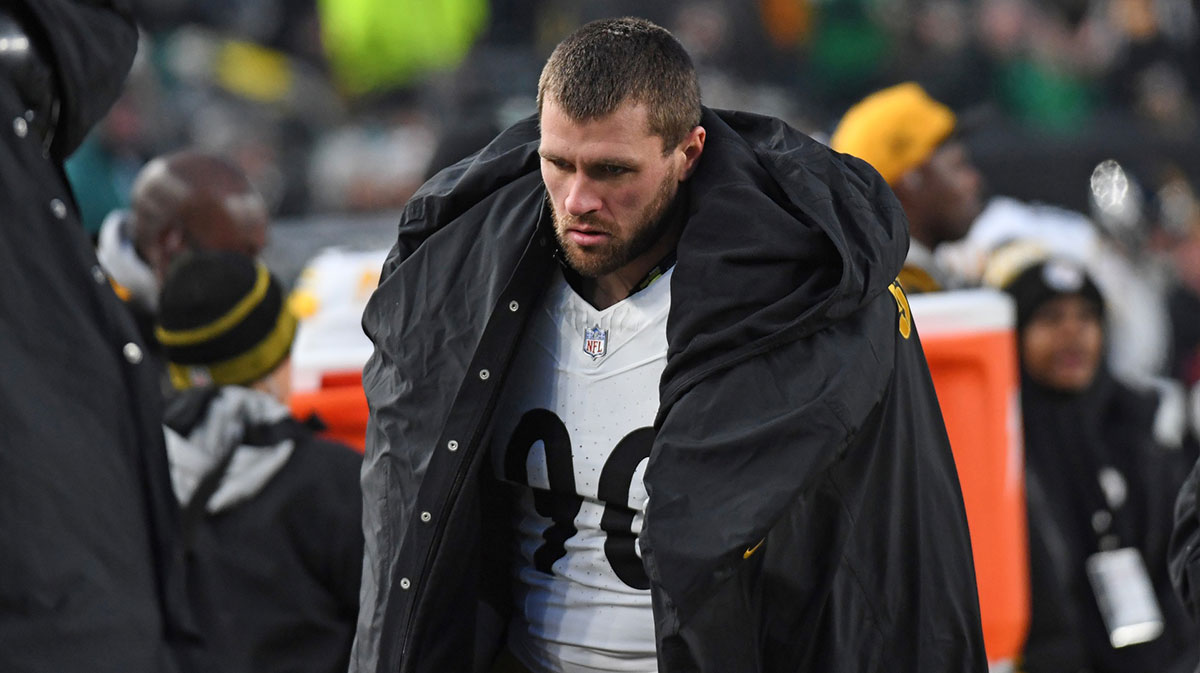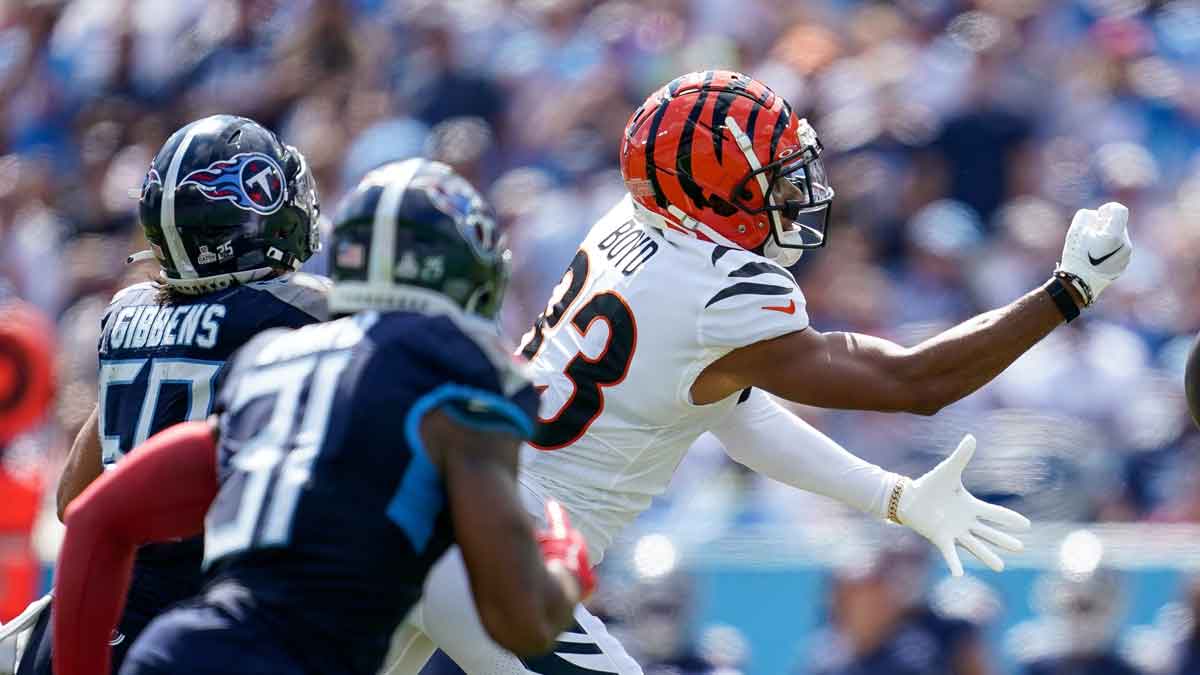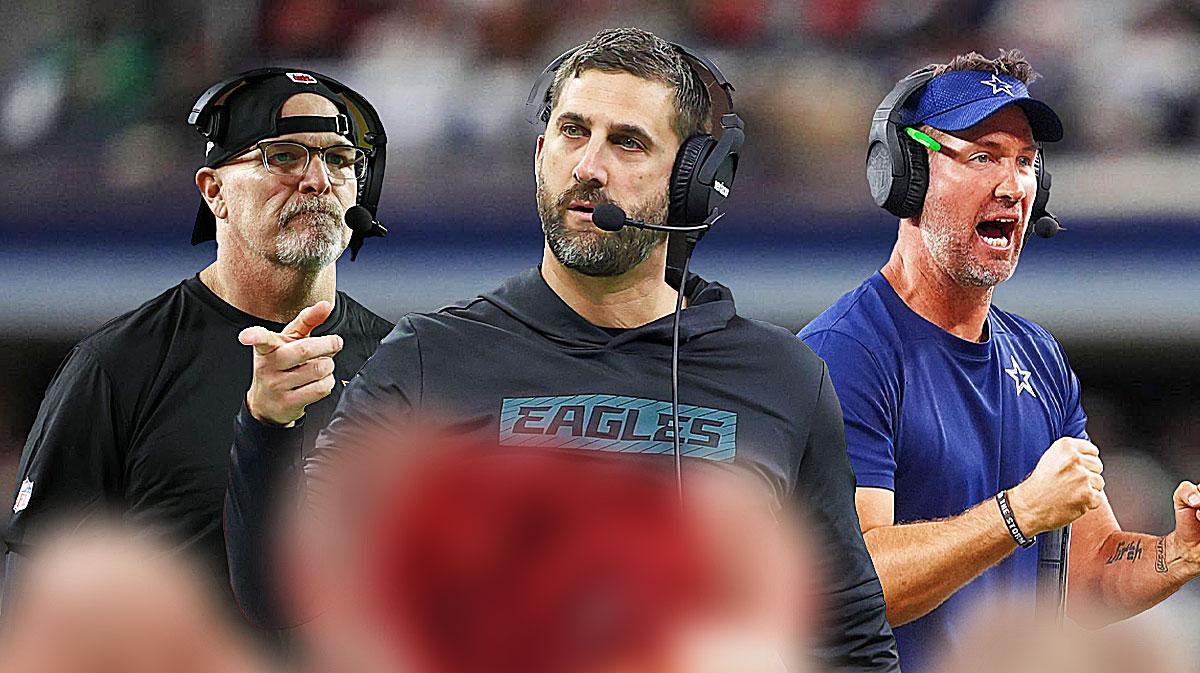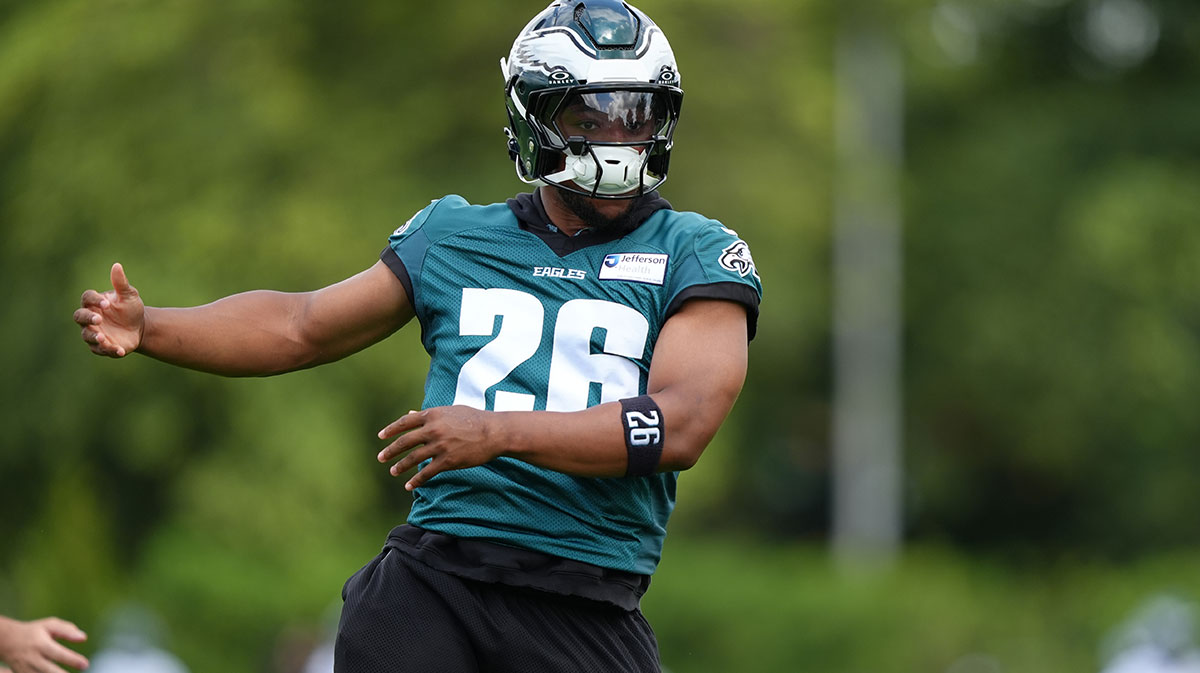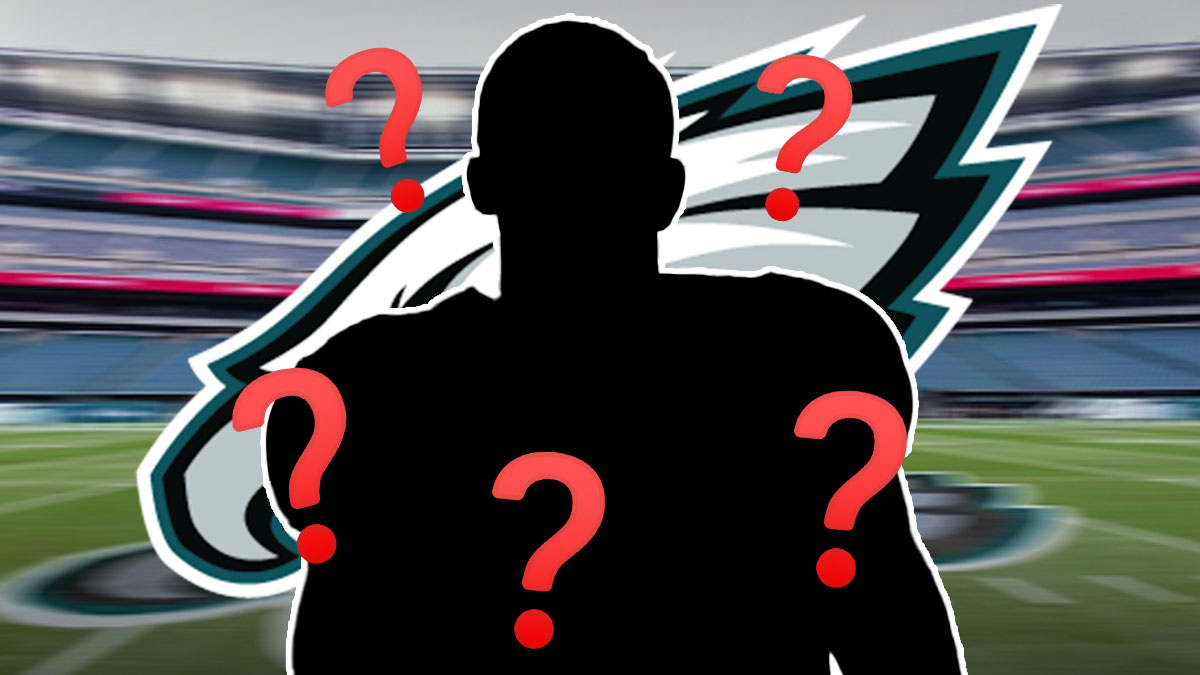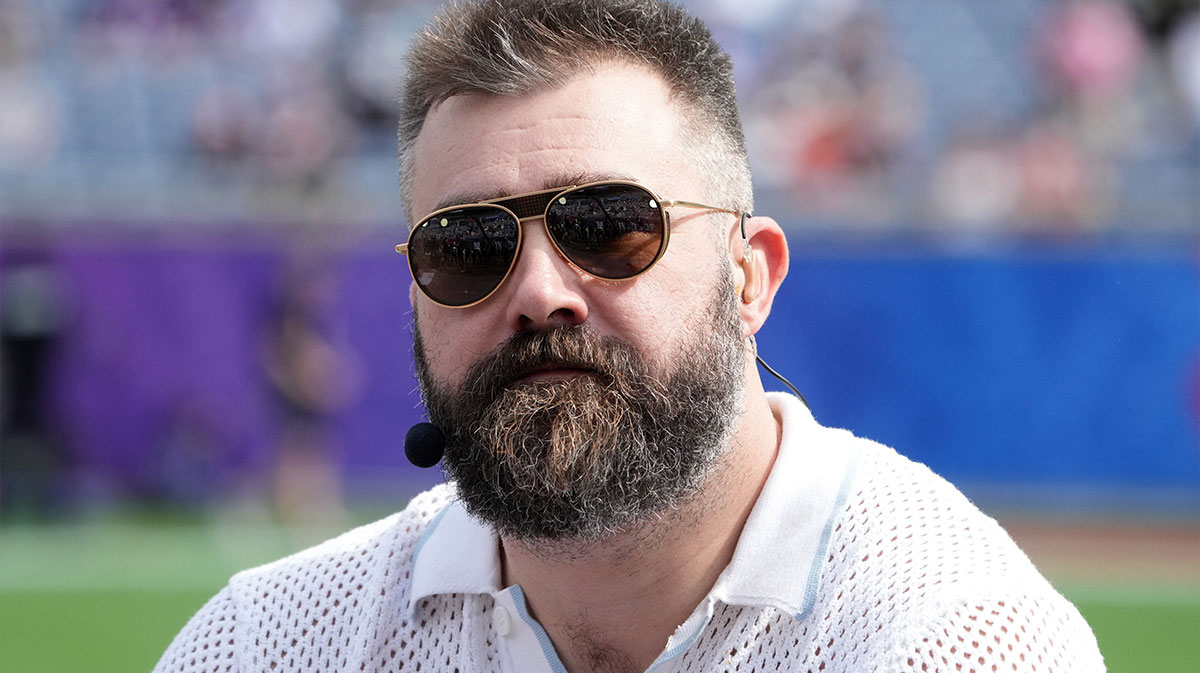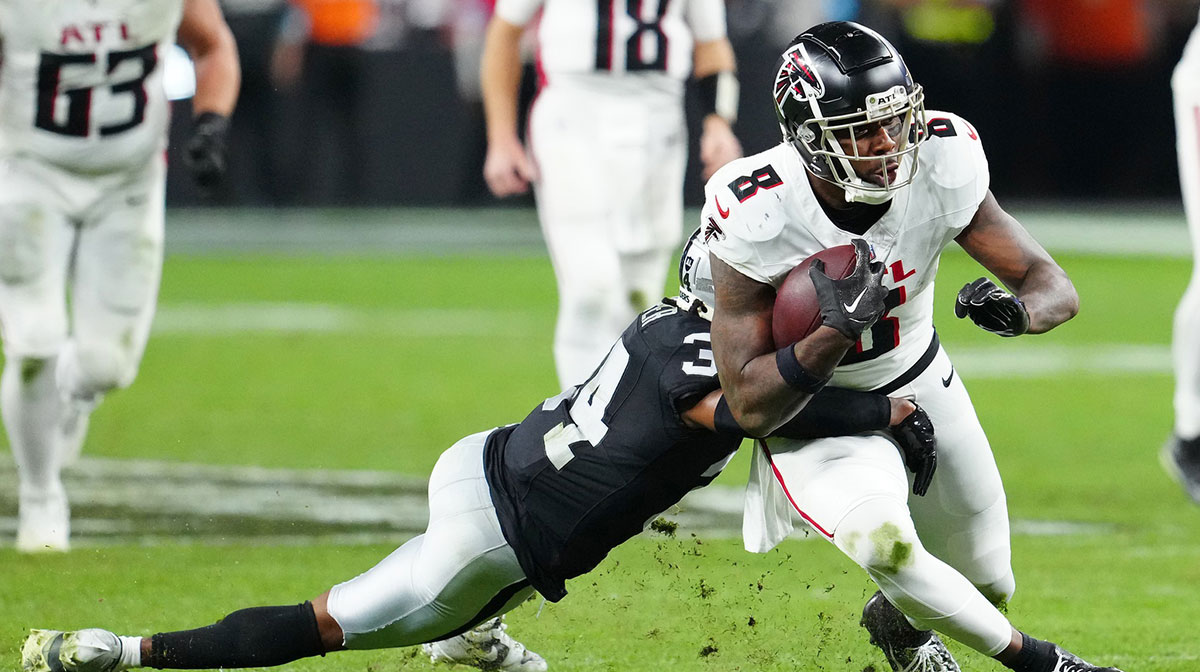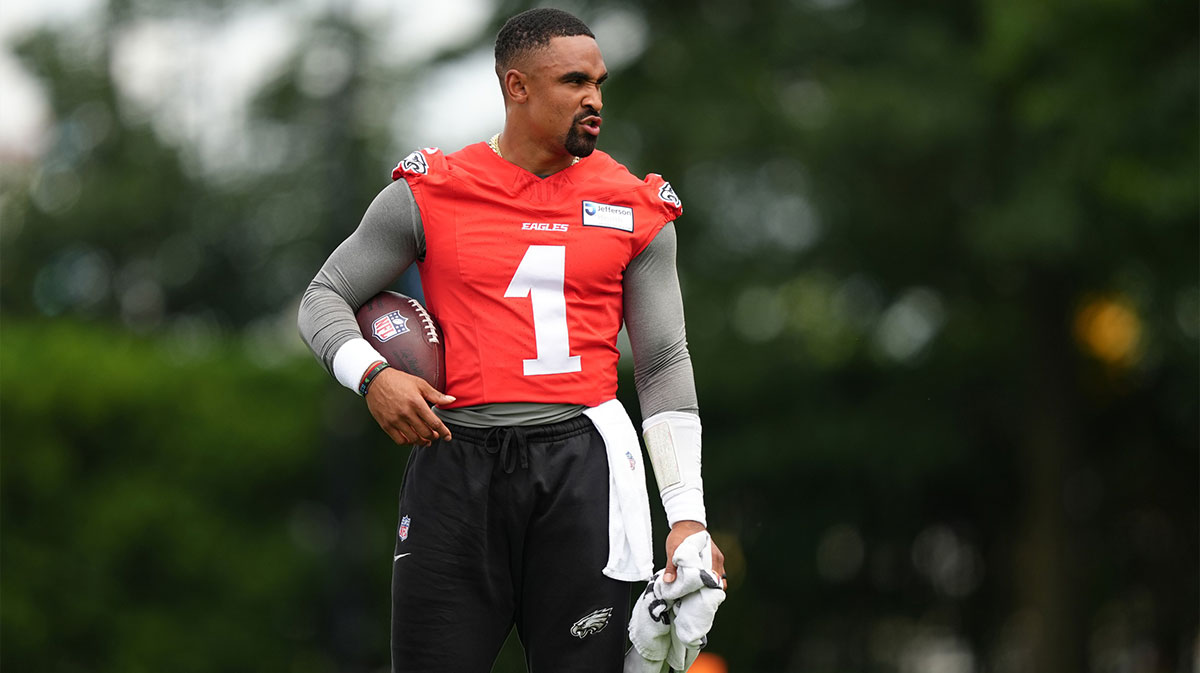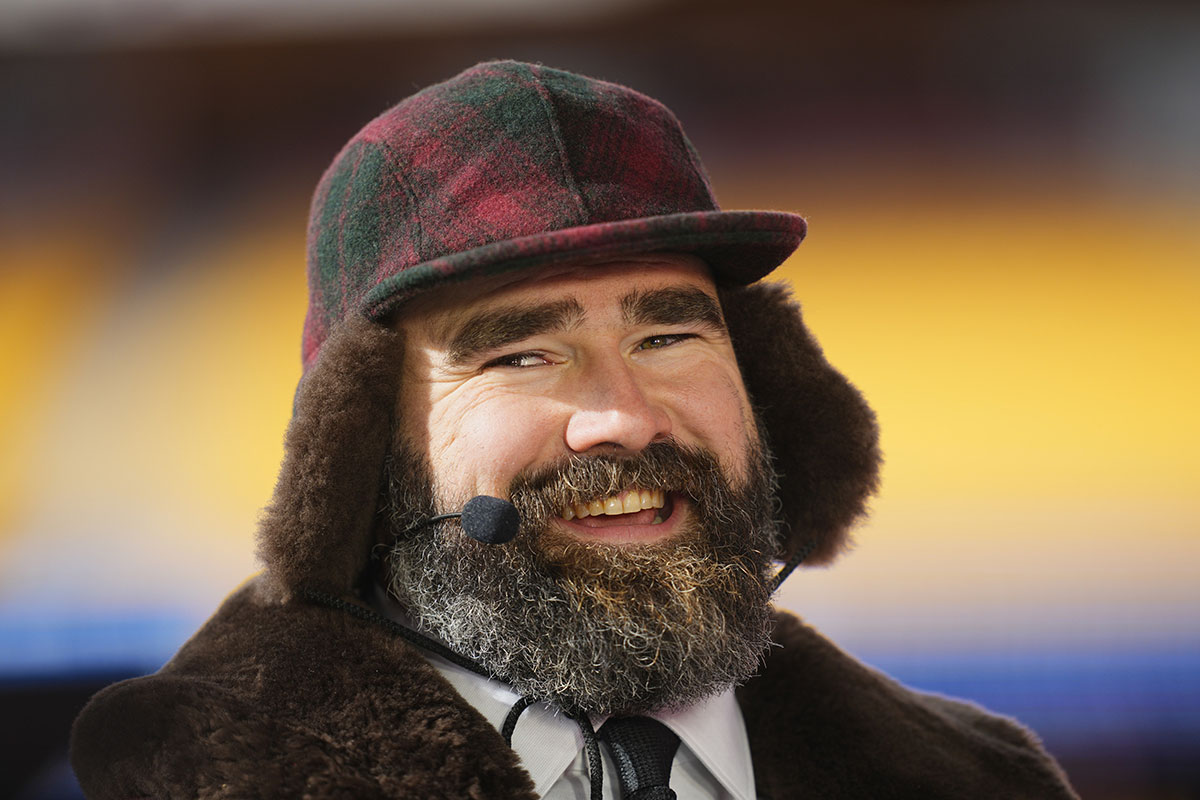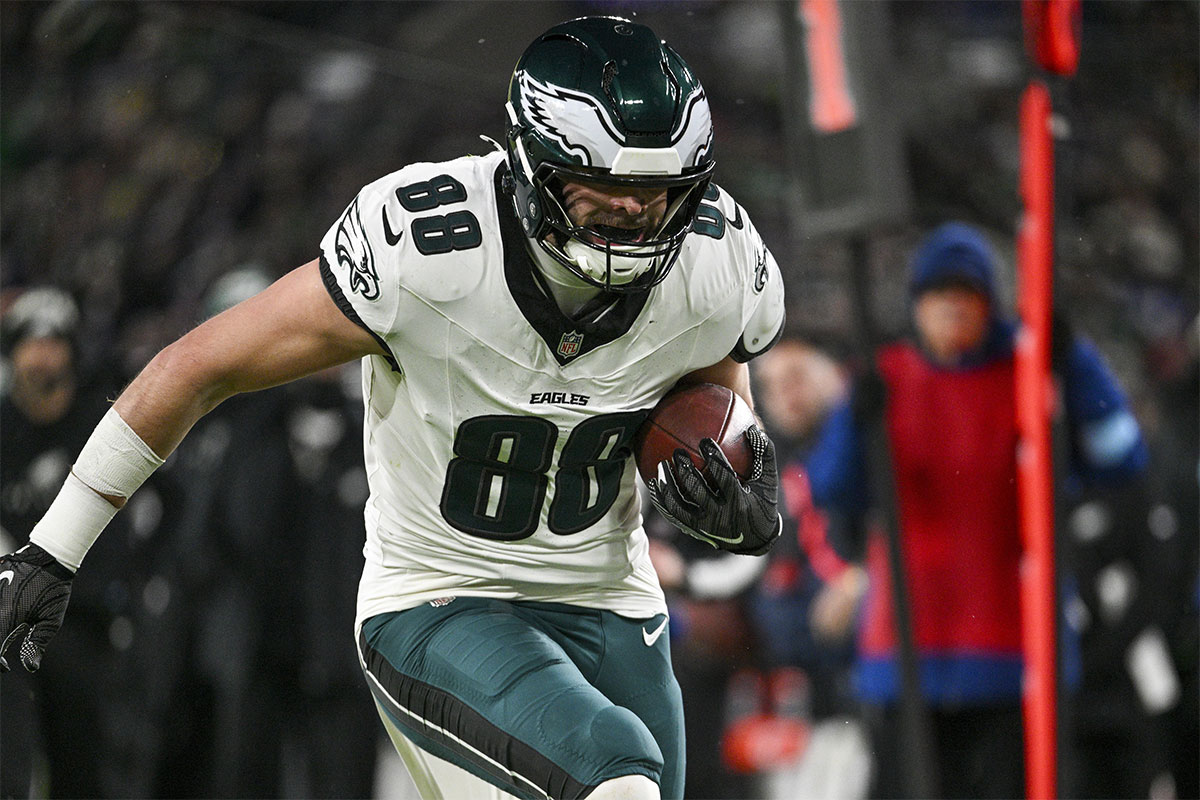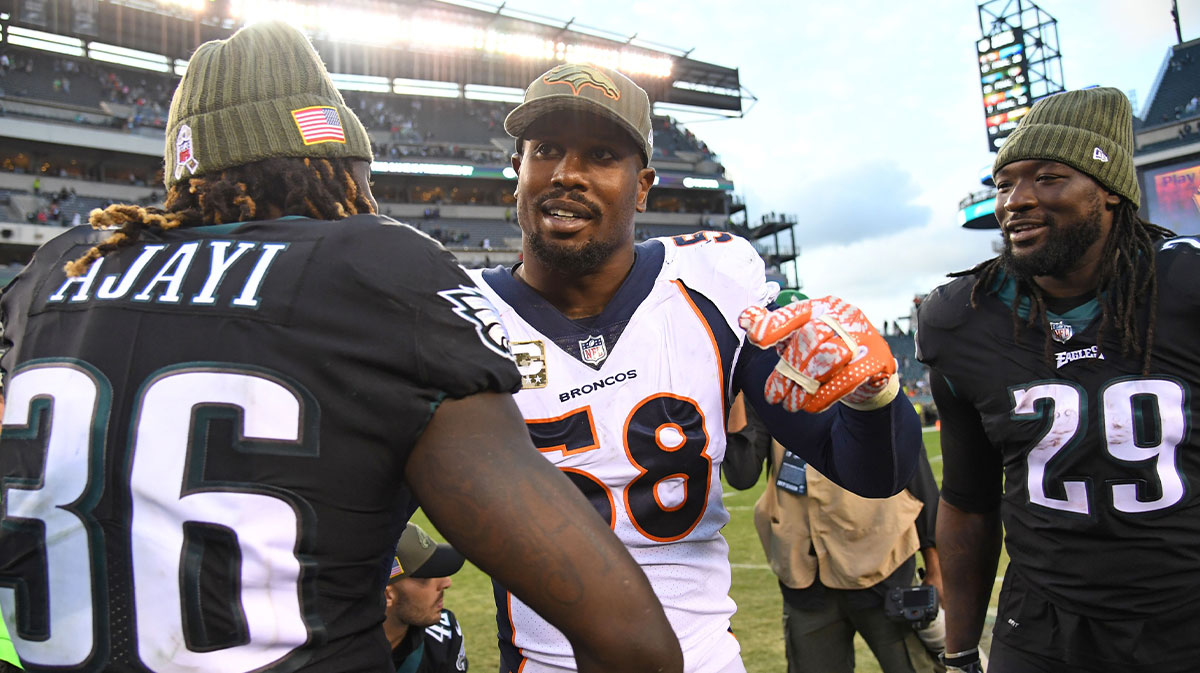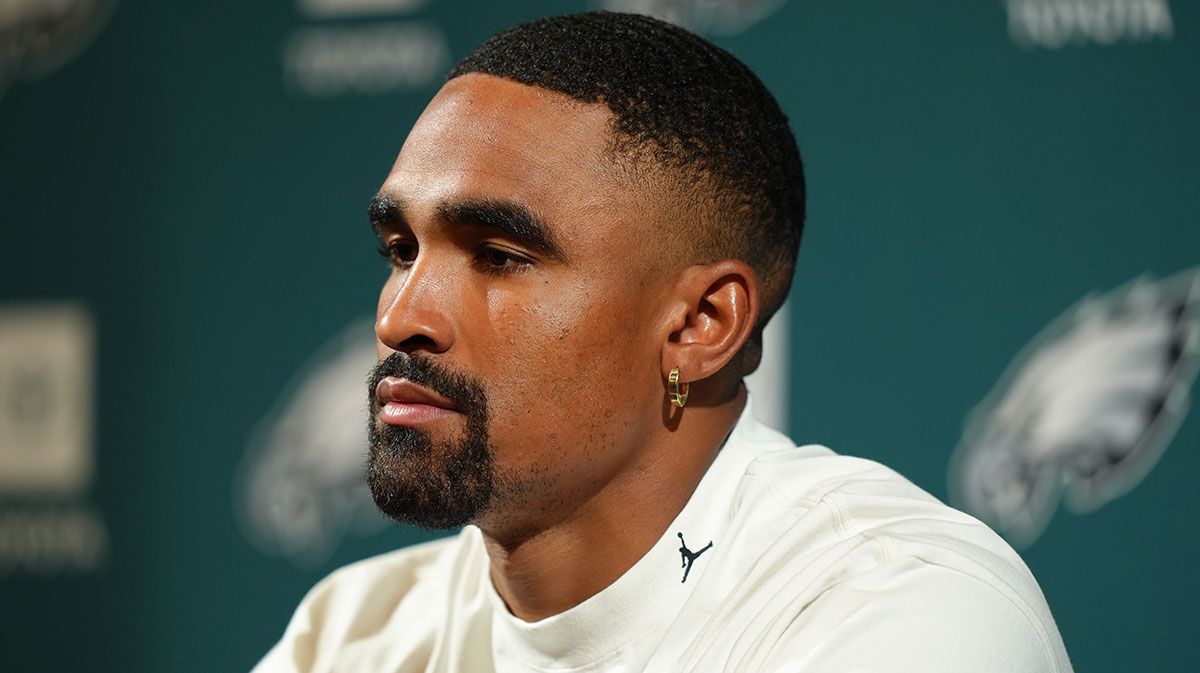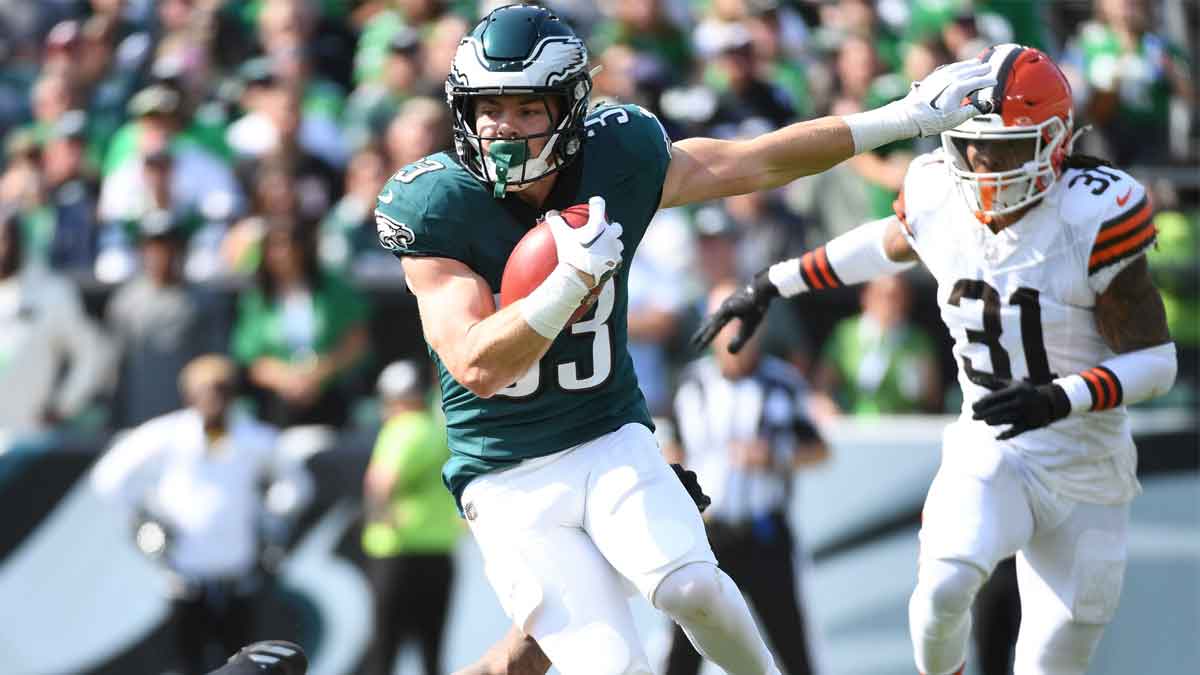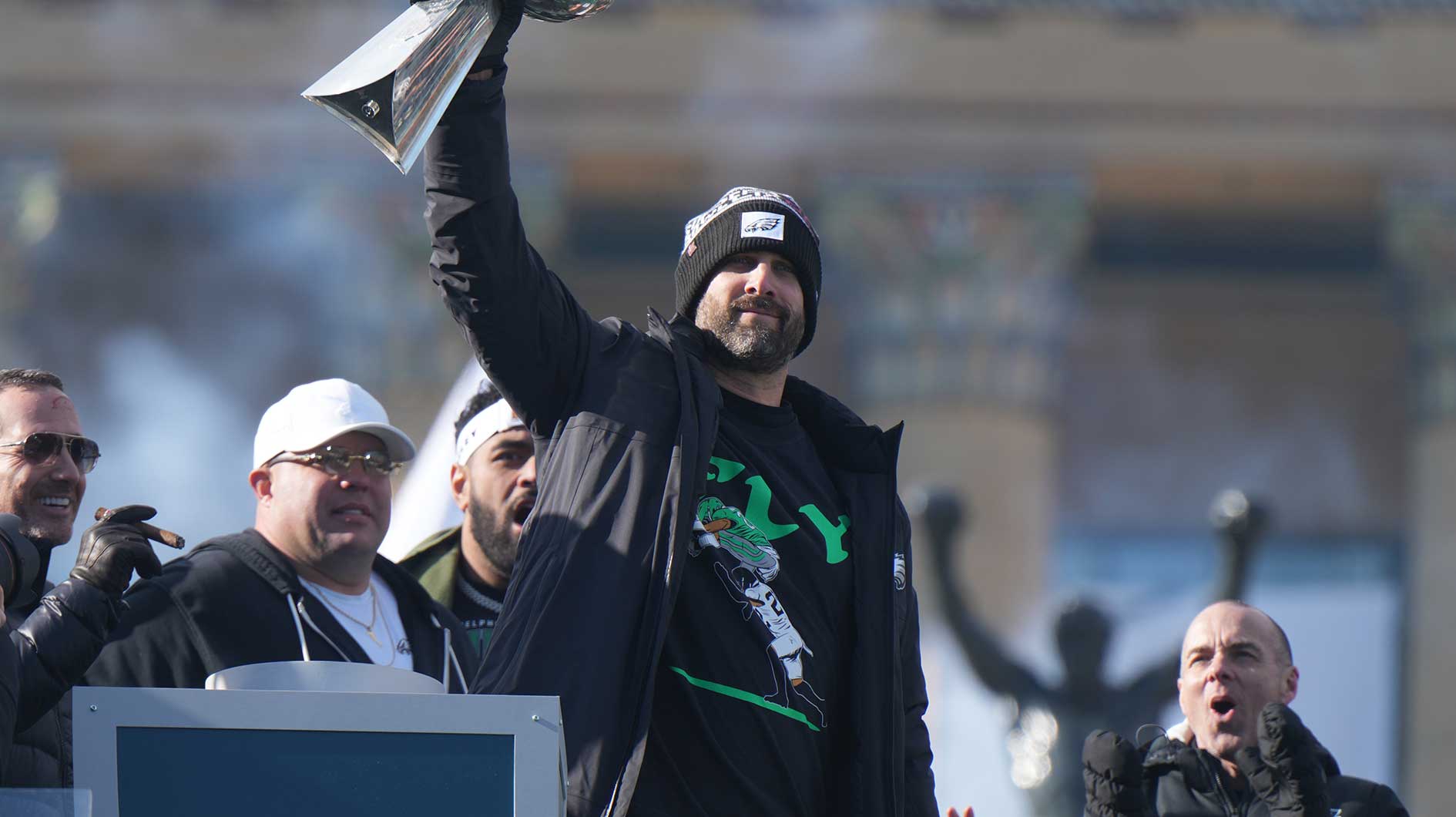The Philadelphia Eagles know the 2020 NFL Draft is right around the corner. In fact, it's less than a week away at this point.
And with the NFL Draft comes a ton of content. We'll be seeing teams making blockbuster trades. There will also be players that a team reaches for, and players that slide down the draft board much further than anyone expected.
There will also be surprise picks, picks that inevitably lead to someone being cut surprisingly or having to fight for a job.
The most exciting part is wondering how the players will turn out though. It's something you can't really start evaluating until after the first season, and even then things will change.
Of course, we're talking about the steals and the busts of the drafts — each team has some.
Now, we'll be taking a look at the Eagles though. Specifically, the five biggest NFL Draft busts in the franchise's history. Who makes the cut?
5. Jerome McDougle
The Eagles took Jerome McDougle with the 15th overall pick in the 2003 NFL Draft. A defensive end, he was the clear answer to help clean up their pass rush and push Philadelphia to new heights.
That's not what actually happened though. Technically, he was with the team for five years; however, McDougle played just three seasons with the Eagles: 2003, 2004 and 2006.
In those three seasons, he had three sacks in 33 games.
In 2008, McDougle would play just one more season in the NFL, this time with the New York Giants. In four games he didn't add to his sack total.
So it took McDougle six years to play four seasons, and only three of them were with the Eagles. The numbers were atrocious and if you want to make matters even worse, Philadelphia actually traded up for McDougle.
The Eagles sent the 30th overall pick and the 62nd overall pick to the San Diego Chargers (now Los Angeles Chargers) for that 15th pick. Yikes.
4. Antone Davis
Speaking of trades, Philadelphia did the same thing in 1991. They traded even more that year though.
The Eagles gave their first round pick in 1991 (19th overall) and their first round pick in 1992 (17th overall) to the Green Bay Packers for the 8th overall pick in the 1991 NFL Draft.
With that 8th pick, they selected Antone Davis. Philadelphia gave up a lot, but hey at least they had a star offensive tackle now, right?
Not quite.
Davis spent five years with the Eagles. In that time he started 74 games, which is pretty solid until you take a look at the issues he encountered.
Davis was inconsistent with his play, and the Eagles even moved him inside to guard at the end of his tenure with the team. He would go on to play two more season in the NFL with the Atlanta Falcons, starting in 13 games.
After just seven seasons in the NFL, Davis was out. Never a star (although he did make the All-Rookie team in 1991) and definitely not worth trading two first rounders for.
The Eagles have a few offensive linemen that could've gone on this list (Danny Watkins anyone), but Davis tops them all.
3. Leroy Keyes
Leroy Keyes probably should be number two on this list. But he's in the three spot for reasons we'll get into in a bit.
Keyes was the third overall pick in the 1969 NFL Draft. For reference, O.J. Simpson was the first selection and Joe Greene was the fourth pick. So two Hall of Famers basically sandwiched him at three.
Keyes came into the NFL as a running back. For the Eagles, he had 123 carries for 368 yards (3.0 yards per carry) and three touchdowns. After just two years (17 games played) as a running back, he switched positions.
He flipped sides and turned into a safety, spending two years in that role for Philadelphia.
To be fair, he actually racked up six interceptions in 1971 before adding two more in 1972. Keyes started 28 games between those two years.
However, that was the end of his run with the Eagles. Keyes played one more season (appearing in three games) for the Kansas City Chiefs in 1973. His career was done after that.
I mean, any time a player is drafted in the top three and switches positions after 17 games, it's safe to assume they were a bust. Keyes wasn't terrible at safety though, so that bumps him up a little.
2. Freddie Mitchell
“I just want to thank my hands for being so great.”
Freddie Mitchell was taken with the 25th overall pick in the 2001 NFL Draft. He was supposed to be a superstar wide receiver, and he had the confidence to match.
FredEx became famous for the “fourth and 26” play against the Green Bay Packers in the playoffs and that quote afterwards. However, he didn't do anything else in his time with the Eagles.
Mitchell was more of a distraction than anything. He was loud, cocky and not backing it up on the field. He spent four years in the NFL, all with the Eagles. In that time, he piled up 90 receptions for 1,263 yards and five touchdowns.
Even worse, some of the talent taken after him were pretty great (I'll stick to just receivers and just within the first three rounds to shorten the list).
Reggie Wayne went a few picks late, so was Chad Johnson. Chris Chambers went later in the second round, and Steve Smith was taken in the third.
I know I said I'd stick to just the first three rounds, but just one more to show you how deep this draft was. T.J. Houshmandzadeh ended up being taken in the seventh, eventually finishing his career with 627 receptions for 7,237 yards and 44 touchdowns.
Mitchell had his entertaining moments, but nothing past that.
1. Jay Berwanger
This is a fairly simple one. We don't even really need to talk about it much.
Jay Berwanger won the Heisman Trophy in 1935 after a strong year as the running back for the University of Chicago. Unluckily for the Eagles, they had the first pick that year.
They used that first pick on what should've been a slam dunk in Berwanger. Instead, he never even played for them. The two sides never agreed upon a contract. And in the end, the running back elected to try his hand at the Olympics instead
He missed the cut for the 1936 USA decathlon team. Berwanger never played in the NFL.
It's pretty easy to put a first overall selection at the top spot when they never even played a snap in the NFL. With that said, Berwanger kind of blows away the competition here.

